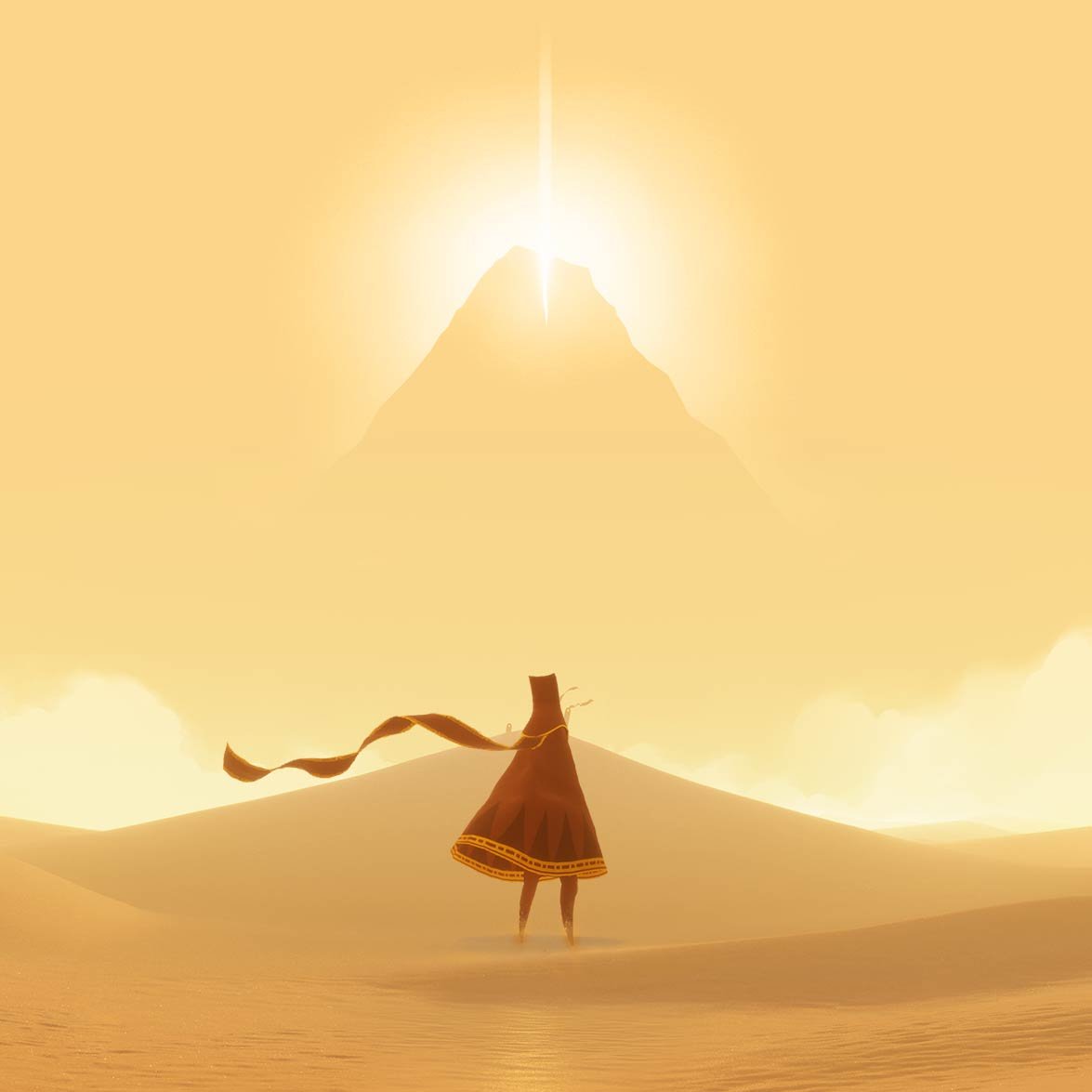
Gaming Editor Benjamin Oakden explores the argument of classifying video games as an art form, finding them to be a vessel of deeply meaningful experiences
The debate over whether video games should be considered art has been ongoing since the inception of the medium. The popularity of gaming has exploded over the decades, grossing far more than the film and music industry put together. Critical analysis of games has also come a long way, with projects such as the Game Awards showing that the gaming industry wants to be taken seriously. And yet, even today, there are somehow still naysayers who deny video games the level of respectability afforded to film, music or television, never mind the prestige given to forms of ‘high art’.
We can define an artful experience as one that can be appreciated for its ‘raw beauty or emotional power’
Based on an Oxford Dictionary definition, we can define an artful experience as one that can be appreciated for its ‘raw beauty or emotional power’. With even a cursory glance through gaming history (or perhaps, as we might artfully call it, the ‘gaming canon’) we can find dozens of titles that fit that description. Journey (2012) is an audio-visual wonder, with the raw beauty of its graphics and soundtrack being likened to a ‘religious experience’ by Eurogamer. From Okami (2006)’s loving celebration of traditional Japanese culture, to the striking watercolours of GRIS (2018), to the painstakingly hand-drawn style of Cuphead (2017), there are countless examples of creative developers pushing video game graphics in artful directions.

The interactive nature of video games means that they are also capable of telling stories with more raw, ‘emotional power’ than any other medium. Silent Hill 2 (2001) provides a complex, psychological horror narrative that explores the twisted mind of protagonist James Sunderland. Gone Home (2013) was a landmark in queer storytelling in games and dealt with themes of emotional and sexual exploitation, while Hellblade: Senua’s Sacrifice (2017) provides an expertly crafted metaphor for mental illness that is woven into the gameplay.
Games have also proven their ability to tackle political themes, with BioShock (2007) being a critique of Ayn Rand’s philosophy of Objectivism. Spec Ops: The Line (2012) disguises itself as a generic war shooter to provide a harrowing critique of militarism and American foreign policy, while Disco Elysium (2019)’s worldbuilding allows for many critiques of capitalist exploitation.

The dismissal of games as an art form becomes even more ridiculous when you consider just how massive an undertaking each new release is. Each new title is a culmination of countless individual pieces of art- graphics, music, stories, characters, themes, worlds, even gameplay systems. Art, in its purest form, is an idea, an expression of human creativity and imagination. Modern game development requires the contributions of thousands of (often overworked) staff members, who each pour their hearts and souls into creating an immersive experience for the player. How can that collaborative effort be anything other than a piece of art?
It feels as though the lack of recognition of video games as art is one born out of ignorance
Ultimately, it feels as though the lack of recognition of video games as art is one born out of ignorance. Beloved film critic Roger Ebert described gaming as a ‘loss of precious hours’, and developers Michael Samyn and Auriea Harvey chastise video games as a ‘waste of time’. In the eyes of the public, video games can’t escape from the stereotype of the simple, repetitive time sink born out of 1980s arcades and reinforced by the shovelware we see clogging up mobile storefronts. Given that games have proven that they can match the beauty, emotion, and philosophy seen in other forms of media, the industry deserves to finally be taken seriously as art.
Read more gaming opinion articles here:
Video Games, Violence and Empathy
Comments